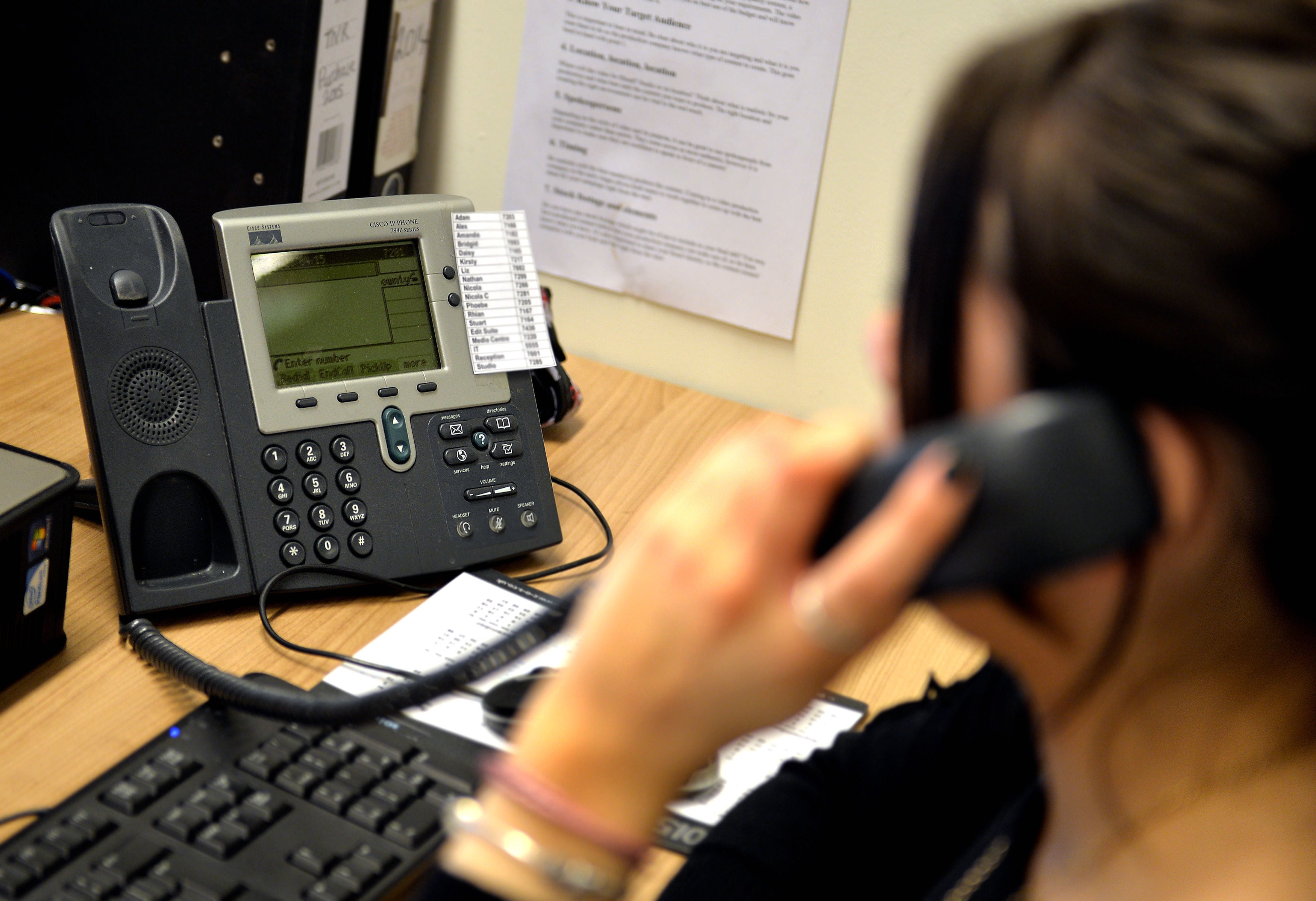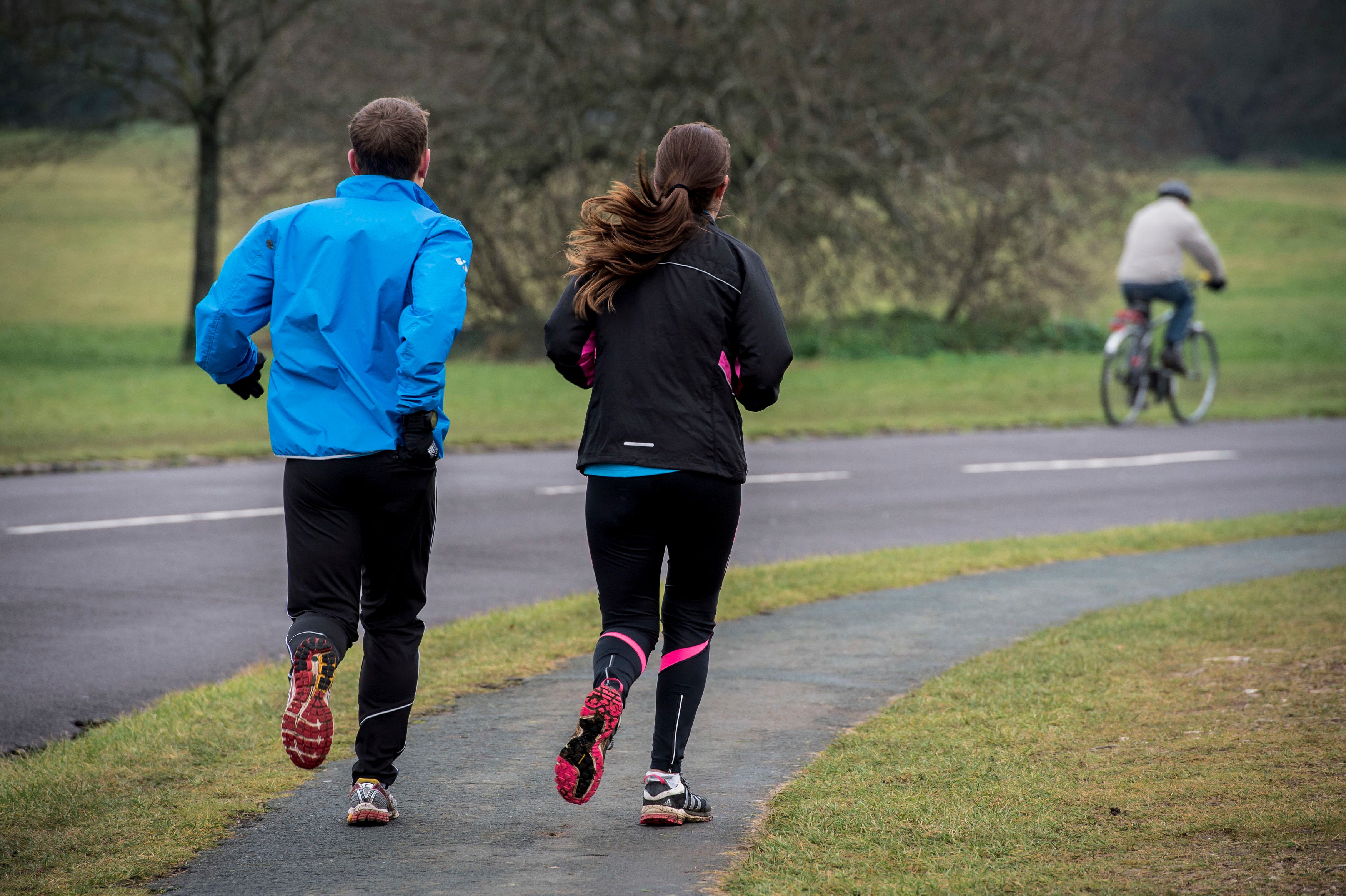Just 15 minutes of exercise can undo damage of working at desk all day, study finds
People in sedentary jobs were 34 per cent more likely to die from cardiovascular disease than those in more active roles

Your support helps us to tell the story
From reproductive rights to climate change to Big Tech, The Independent is on the ground when the story is developing. Whether it's investigating the financials of Elon Musk's pro-Trump PAC or producing our latest documentary, 'The A Word', which shines a light on the American women fighting for reproductive rights, we know how important it is to parse out the facts from the messaging.
At such a critical moment in US history, we need reporters on the ground. Your donation allows us to keep sending journalists to speak to both sides of the story.
The Independent is trusted by Americans across the entire political spectrum. And unlike many other quality news outlets, we choose not to lock Americans out of our reporting and analysis with paywalls. We believe quality journalism should be available to everyone, paid for by those who can afford it.
Your support makes all the difference.A new study has found that just 15 minutes of exercise can undo the physical damage of working at a desk all day.
The large study provided fresh evidence of the negative health effects of a sedentary lifestyle, particularly in a regular office job - with these lifestyles demonstrating higher risks of death by cardiovascular disease for example.
However, it also found that impactful and long-lasting positive changes could be made through small tweaks in daily routines.
Researchers from Taiwan studied 481,688 participants with an average age of 39 for 13 years, during which time there were a reported 26, 257 deaths in the sample.
The study, published in the journal JAMA Network Open, aimed to measure the effect of “prolonged occupational sitting”, comparing those whose jobs involved “mostly sitting”, “mostly non-sitting” and a mixture of the two.

As part of the experiment, they also tracked the amount of “leisure-time physical activity” undertaken by those in the group to control for supplementary activity.
Worryingly, it found that working in an occupation that involved prolonged sitting could lead to long term health problems, including a 16 per cent higher risk of dying overall.
There was a significant 34 per cent higher risk of dying from cardiovascular disease when researchers compared those who mostly sat with those who were mostly engaged in “non-sitting work”.
The in-depth research also investigated how activity in people’s spare time impacted their mortality. It found that a relatively inactive person who worked in a sedentary job could increase their exercise level by between 15 and 30 minutes a day and see a “reduction in mortality to a level similar to that of inactive individuals who mostly do not sit at work”.
The study concluded: “As part of modern lifestyles, prolonged occupational sitting is considered normal and has not received due attention, even though its deleterious effect on health outcomes has been demonstrated.
“In this study, alternating between sitting and non-sitting at work, as well as an extra 15 to 30 minutes per day of leisure-time physical activity, attenuated the harms of prolonged occupational sitting.”
It noted: “For the first time in 2020, the World Health Organisation guidelines on physical activity recommended reducing sedentary behaviours because of their health consequences … Several studies have found increased mortality among prolonged sitters from all causes, as well as from cardiovascular disease, cancer, and diabetes.”
Join our commenting forum
Join thought-provoking conversations, follow other Independent readers and see their replies
Comments